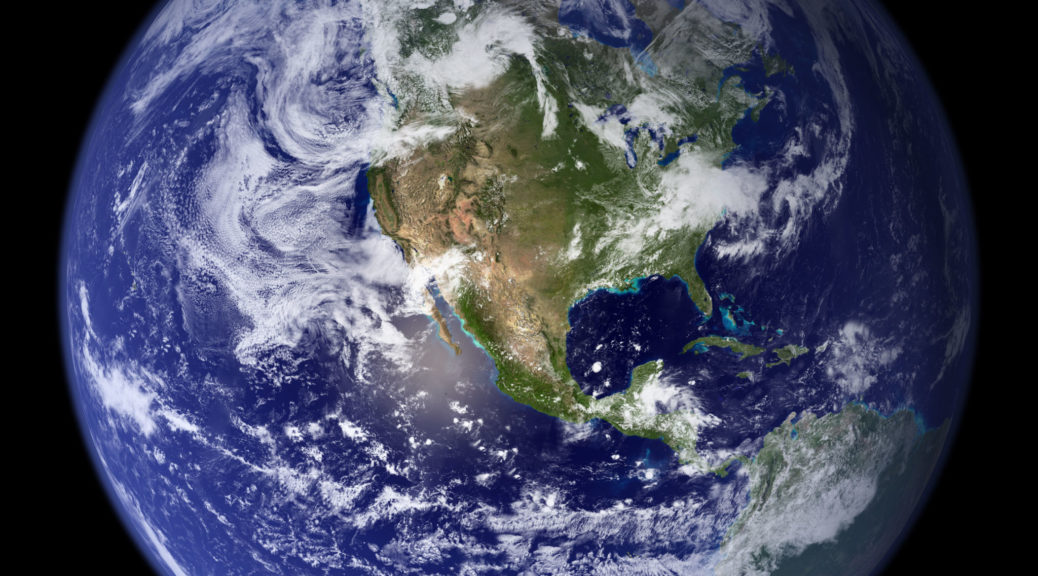Thanks so much to DG for suggesting this as our next topic! The good news is that it's super simple and not complex in any respect.
Oh, wait.
After spending the last week avoiding writing this post and finally deciding that the best approach would be to start by deriding DG, I finally did a little research*. Not too much, though, because one of my big frustrations with trying to make environmentally-friendly choices is that if you research long enough, the less clear everything becomes.
So here are some of the key tips and resources I found that all seem to make sense.
How You Shop
Remember last month's topic? It's back! That's because bringing reusable bags to the grocery store is a great idea. At first, this was hard to remember, but once it's a habit, it becomes automatic.
Produce
Recommendations include to eat local, organic, and in season. Sounds easy enough, but what's local and in season in Minnesota in early February? Our family shops primarily at a co-op, and a certain amount of the produce is local, even in the winter. But with kids in the house, buying things they'll probably actually eat is just as much as a consideration as what's local.
How do you balance a desire to eat flavors from around the globe with the desire to eat foods grown close to home?
Meat and Dairy
Eating local and buying organic both come up in this category as well. But along with that, eating less is also recommended. I'm vegetarian and the family eats vegetarian at home, though the boys choose to eat meat pretty regularly at school lunch. When the boys were a little younger, I worried that they just wouldn't like most of the vegetarian dinners we made, but it turns out that if you expose them to things enough times (just like the advice books all recommend), kids really do start to eat more things! That's not to say they don't have their moments, and the peperoncino still ends up having a quesadilla once or twice a week when he won't eat what the rest of us are having for dinner.
Seafood
Our oceans are in trouble, as are many fish populations. The good news is that if you eat fish, there are a couple of great resources to help you make more environmentally friendly choices. There's the Marine Stewardship Council and the Monterey Bay Aquarium's Seafood Watch.
Leftovers
Eat them!
Okay, yes, there's a bit more to it than that. And one of my ongoing frustrations in my household is seeing how much food is uneaten any given week. I try to at least talk to the boys off and on about the concept of wasting something and what we can do to not waste so much (this applies to much more than just food).
As I mentioned last month, we do have a great composting program in our community, so at the very least I can take a little comfort in knowing that what's not eaten isn't going into a landfill.
Things I'd Like to Change in My Own Home
- Consider cutting back on dairy. We do eat some vegan meals already (which are in the repertoire because we like them, not specifically because they're vegan), but I like the idea of being on the lookout for some additional recipes to try. I had to give up dairy for a time when the peperoncino was young (because it was linked to his reflux), and I found that the best vegan dishes are really well seasoned so that they still have a lot of flavor.
- Get some cloth napkins for everyday use. We don't use napkins at all of our meals, but some of the time they're essential, and I'd like to stop just giving everyone paper towels when that happens.
- For cleaning up spills, use cleaning rags more often instead of paper towels. I cut up a pair of very old flannel pajamas recently, and I've been working on reaching for one of those rags rather than automatically grabbing a paper towel. Of course not having any toddlers in the house also helps when it comes to cutting down on spills...
So what about you? What are you doing well when it comes to food and would you like to do differently?
*Here's the main article I used for reference when writing this post if you'd like to peruse the full list of tips.


